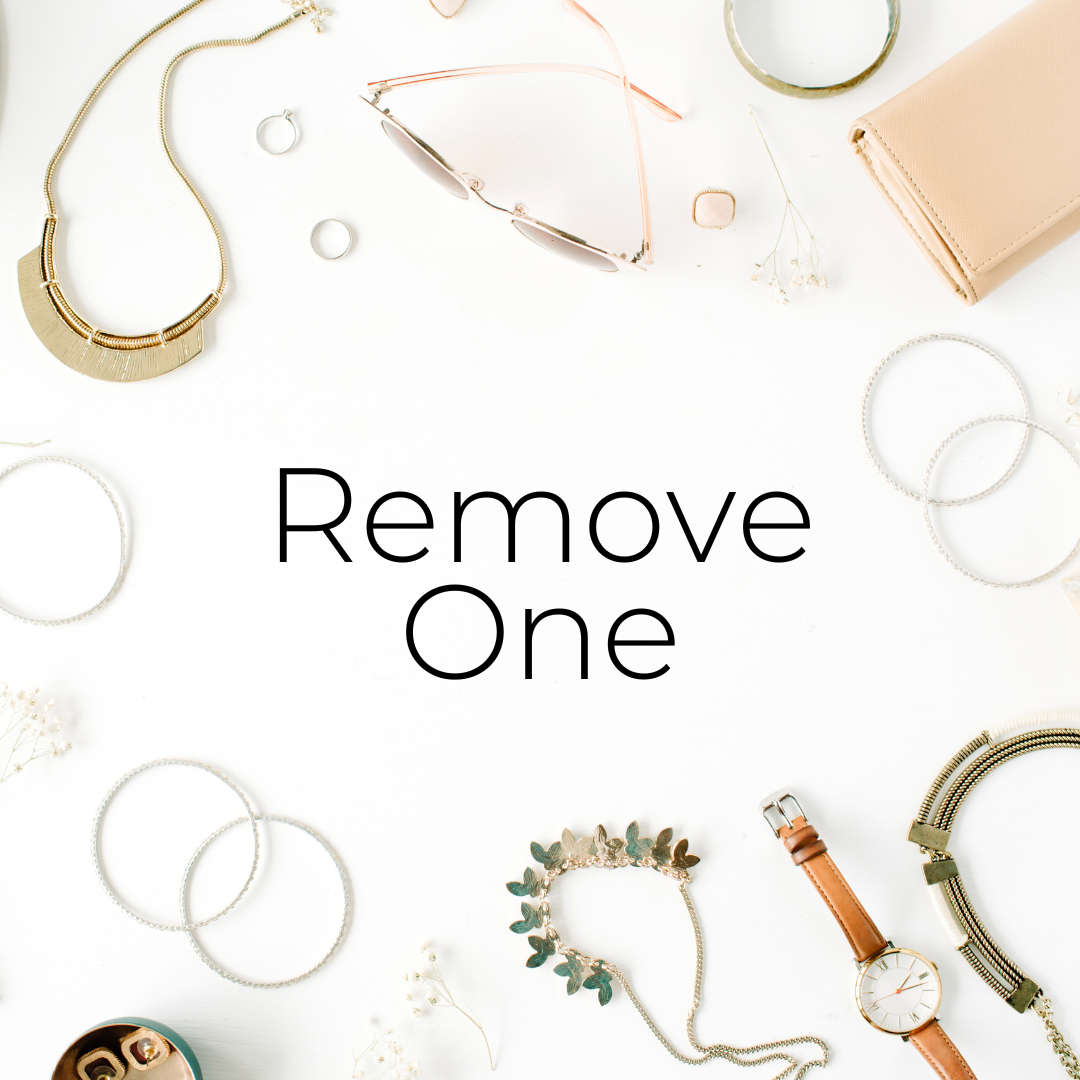
Before you leave the house, look in the mirror and remove one accessory.
— Coco Chanel
When you think of Chanel, if you think of Chanel at all, your mind might run to a picture of two interlocking Cs forming a distinctive gold clasp adorning one of the company's stylish black handbags. Perhaps you might conjure up an image of an austere yet iconic black sans serif Chanel No. 5 set against a clean white background elegantly affixed to the front of a perfectly beveled perfume bottle.
Although the Chanel logo calls up notions of luxury and high fashion like only a handful of other internationally known brands, Gabrielle Chanel, the company's founder and namesake, came from the most humble of beginnings. Her father peddled work garments on the streets, living nomadically, traveling from town to town in France selling his wares in the early 1880s. Her mother was an overworked laundry woman. The future fashion mogul herself was born in a charity hospital in 1883, grew up with five siblings in a crowded single-room home, and never attended school. Her mother died when Gabrielle was only 11. Her father, unable to care for his family, sent his boys out to work and Gabrielle and her sisters to a nearby orphanage. There, in the midst of acute hardship and strict discipline, she learned to sew.
Never adopted, when she turned 18, Gabrielle moved into a boarding house for young Catholic women where she began to develop a talent for designing dashing and well crafted hats. By her late twenties, she'd made a name for herself as a milliner and purchased a building in a fashionable district of Paris, and soon she opened up a small boutique. There, she expanded her line—creating clothing, accessories, jewelry, and experimenting with fragrances. Using her talent, compelling personality, and a remarkable genius for self-invention, her company steadily grew. And as it did, Chanel enlisted friends to tutor her in literature, art, music, and history. Now moving in elite circles of Parisian society, she created a sort of social and professional alter-ego for herself and took on the name "Coco."
In cut and construction, Coco Chanel's clothes were at once revolutionary and practical. Rarely tight yet rarely loose—she pared down her designs to the most basic forms. Choosing materials with natural elasticity, she simplified the contours of her designs, delivering a look and a comfort women could—she said—laugh in. As her fashion sense continued to evolve aesthetically, she began to add subtle, tasteful ornamentation to her designs, synthesizing modernity with a classic timelessness—just enough, but never too much. Her intuitive sense of harmony, balance, and restraint prompted her to offer the following suggestion: "Before you leave the house, look in the mirror, and remove one accessory."
As our world becomes increasingly complicated and fast, as we attempt to navigate the racing complexity and the ever-accumulating clutter of our lives, a modest commitment to recalling the power of simplicity seems key right now. To this end, Chanel's fashion tip has always struck me as a metaphorical reminder of how crucial it is to be intentional, regular, and purposeful about paring down, cutting out, and removing the extraneous that distracts from the whole.
To this end, what if we considered taking one thing, just one task or item that we might think is required of us, and remove it from our plate? Take a look at your to-do list for today or perhaps for this week. Think about what could be altogether dropped. Maybe say "No" to something. Not everything is vital. Not all is needed. And in the tug-of-war of life, we ought to at least, every once in a while, tug in the direction of less not more.
Take a look at yourself. What are you carrying? What have you taken on? What if you set something down? Something that's not truly requisite; not really complimenting the look, the feel, the overall purpose of your life. Might a strategic excision actually improve things, simplify matters, and provide you a new outlook, a new clarity, and the time required to be present to what is really more important.
More indispensable than any article of clothing you own, more crucial than anything you possess, is your time. Don't overload your day. Remove something. Create some space for yourself to think, to meditate, to pray. Don't over-accessorize your attention. You'll look better. You'll feel better. Translate Chanel's fashion tip beyond the realm of the runway. Think of the integrity of the whole and subtract what distracts. Before you leave the house, check the mirror, think about what's ahead, and remove one thing.
God — Help me to simplify, harmonize, and pare back the "too-much." Amen.
— Greg Funderburk





